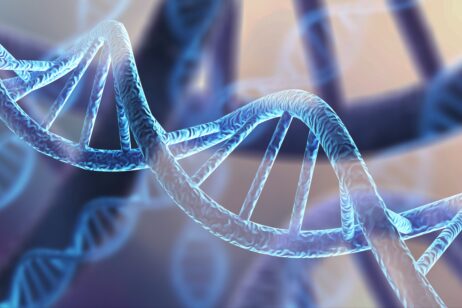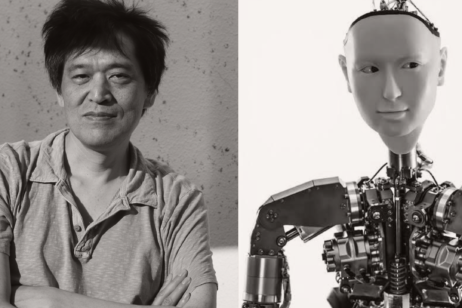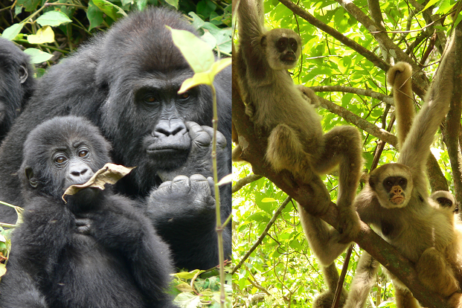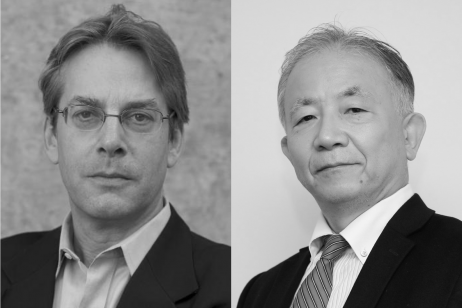13 July 2022
Challenges and Opportunities in Refugee Protection: Lessons from Afghanistan to Ukraine
Reflecting the current international situation, in this webinar, the speakers from the UK and Japan discussed the UK’s and Japan’s current refugee policies, and the present situation and future outlook in both countries, similarities and differences in the treatment of Afghani nationals last year and those displaced from Ukraine this year, and how the UK and Japan can work better together to overcome the current difficulties and contribute to a stronger international refugee protection mechanism in the world.
More info








